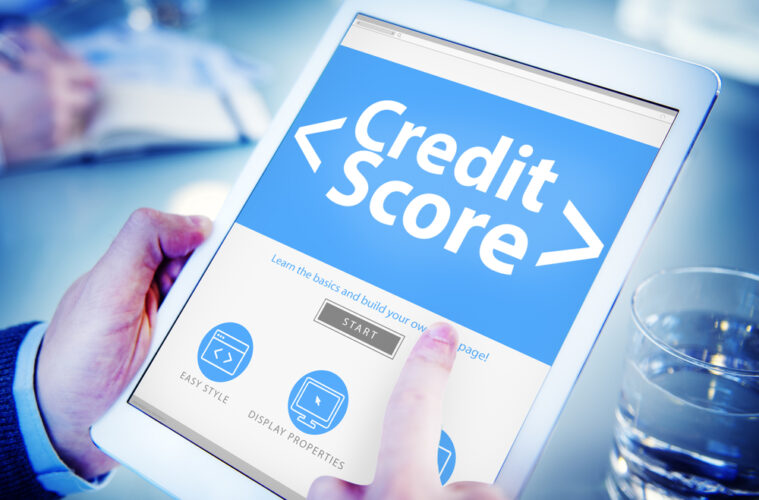Most of us don’t spend enough time thinking about our credit score, but it is an incredibly important tool that lenders use to determine whether or not you are a suitable candidate for loans, mortgages and credit cards.
However, many people don’t seem to recognize the importance of a credit score, and could have a very low credit score as a result. If you have a low credit score, here are some of the reasons, plus some ways you can boost your score so that you can start to become more financially stable.
What is a low credit score?
Your credit score is used by lenders to determine whether or not you are a good (and safe) person to lend to. If you have a low credit score, it means that you could be flagged as a credit card risk, which can have serious financial implications.
Credit scores can range from 300 to 850 points. Here is a breakdown of what each score is considered to be.
- Excellent/very good credit score: 700 to 850
- Good credit score: 680 to 699 (Average American score is 682)
- Average/OK credit score: 620 to 679
- Low credit score: 580 to 619
- Poor credit score: 500 to 579
- Bad credit score: 300 to 499
Here are some of the main reasons why you might have a low credit score:
- Not paying bills on time: if you don’t pay your bills (such as your Duquense electricity bill), this will lower your credit score significantly.
- Not repaying your loans on time
- Constantly reaching your credit card limit
Low credit score struggles
There are some major disadvantages of having a low credit score.
- You will be a major risk for most mainstream lenders: many of the main banks of America have very rigorous standards for determining who can qualify for a loan, and you will almost certainly not qualify for traditional loans and credit cards if you have a poor credit score.
- Your insurance premiums will go up: ensurers can check your credit score before they offer you an insurance premium. If you have a poor credit score, you are considered a higher risk, and will therefore have to pay more for home or automobile insurance.
- You’ll have a harder time renting: according to Experian, a credit score of 620 is often the minimum you need to qualify for an apartment. Although it is not impossible, it is certainly harder to find apartments when you have a poor credit score.
- You won’t be able to get a well-rewarding credit card: the most rewarding credit cards require credit scores of 700 or higher. Some credit cards will reward you with cash back or other incentives like concert tickets or sports event tickets.
Tips to boost your credit score
Now you know the importance of a good credit score, here are some tips you need to start implementing if you want to boost your credit score.
- Start paying off your bills on time: work out how many loans and bills you are having to pay each month and adjust your budget so that you can afford to pay everything off time. If you always forget to pay your bills on time, why not set up a direct debit?
- Check your credit report for errors: spending time reviewing your credit score could actually help boost it. Look out for any errors that may be on your report, such as misreported payments.
- Lower your credit utilization: your credit utilization ratio is the percentage of your credit limit you use. You will be able to boost your credit score if you use 25% or less of your credit limit each month.
Conclusion
You may not have realized until now, but your credit score is a powerful tool, so make sure you spend time reviewing your credit score and follow the tips above to boost it.

